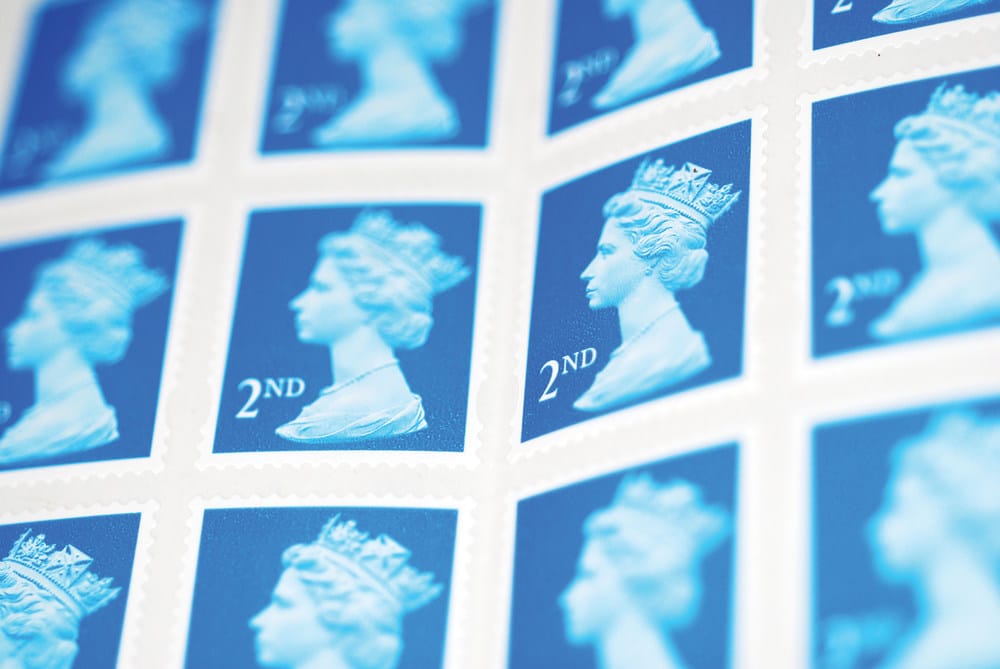Long live a Queen
Maintaining a misogynist monarchy

A couple of weeks ago, at the Commonwealth summit in Perth, the sixteen leaders of countries where Elizabeth II is head of state unanimously agreed to change the succession laws to give women equal priority as men. This means should the Duke and Duchess of Cambridge (aka Wills and Kate) have a daughter before any sons, she will be eligible for the throne before her younger brothers. It will also allow any monarch, or anyone else in the succession line, to marry a Catholic without losing their right to the throne. A retroactive clause has been added to prevent hundreds of pretenders to the throne from emerging.
Nick Clegg, the ‘highly regarded’ deputy Prime Minister, was in charge of negotiations with other states and described the previous system as “old fashioned”, saying we need to move with the times. David Cameron echoed this describing it as “outdated and wrong”. He, however, made it clear that in their role as protector of the Church of England, they must be Anglican but can marry whoever they like. This move, though seemingly an obvious one in the modern world, is a terrible idea.
You see, the existence of the monarchy in Britain is rather difficult to understand. There are benefits to a House of Commons that is not proportional (for the sake of having your own MP representing you regardless of whether you share a party), as well as an unelected House of Lords (a non-populist house of the wise to improve legislation), but the Royal Family is bewildering. If we want to move with the times, shouldn’t we do away with the monarchy and elect a president? Should we not also have full separation of Church and State? It is beyond belief that Nick Clegg could describe the House of Lords as outdated and push for it to be fully elected, yet see the changes in succession as somehow progressive and radical.
The problem is that these views are driven by ideology. While the concepts seem good and pure, they are not practical. The oft cited reason for keeping the monarchy, alongside many other British quirks, is stability. Unlike most of our European neighbours, Britain has maintained a stable government for hundreds of years. This has largely been achieved on a simple principle: if it ain’t broke, don’t fix it. The British public demonstrated this basic belief when they voted against the Alternative Vote. Given that the monarchy is operating without any problem, this is a dangerous move that threatens to destabilise Britannia. I am not being sexist or anti-Catholic, but this law will open the door for changes to be made to the fundamental structure of our government on populist whims. For the sake of Britain, it should be stopped.





